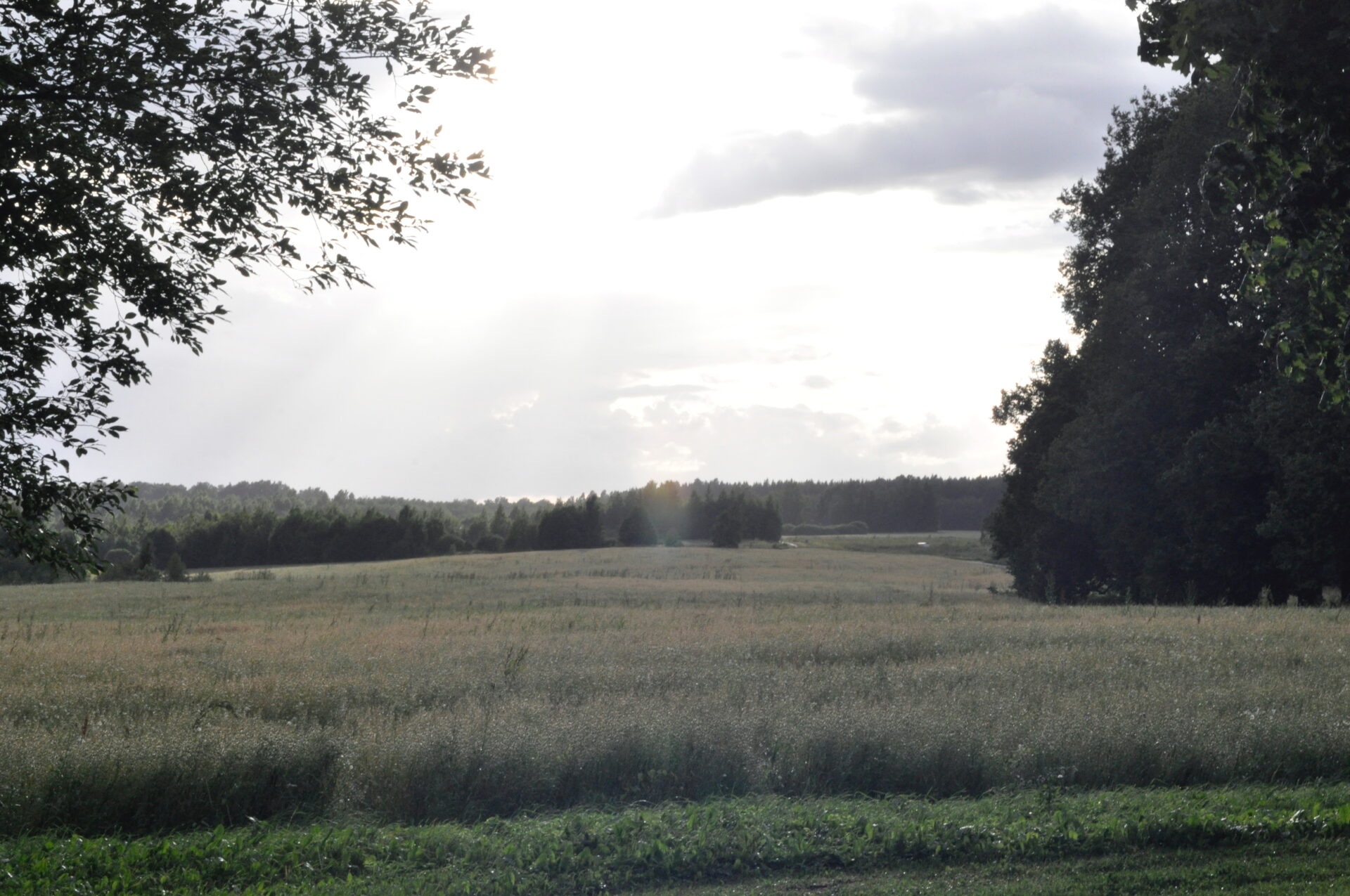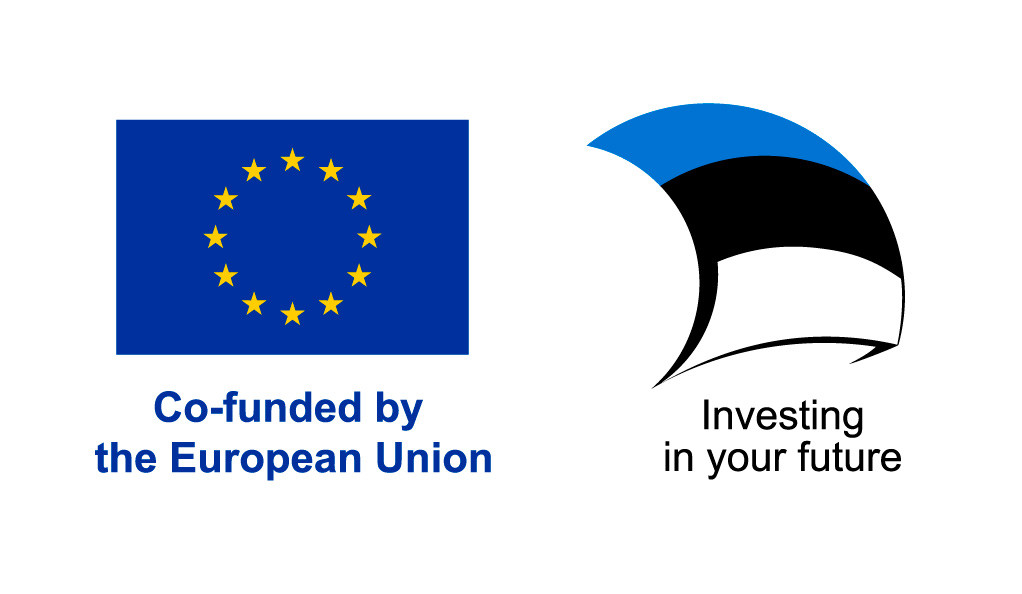- Home
- Circulars
- Programme
- Programme scheme
- Plenary talks
- Book of Abstracts
- List of symposia
- Symposium A.1: Power imbalance and hierarchies in Finno-Ugric studies
- Symposium A.2: Shifting and competing ideologies in minority language development and language maintenance
- Round-table: Finno-Ugric Studies meeting the People
- Symposium B.1: Prehistoric lexical layers in Saami and Finnic
- Symposium B.2: Perspectives on Saami with a particular focus on the smaller languages
- Symposium B.3: South Estonian within and beyond Uralic studies
- Symposium B.4: The size of Uralic nominals
- Symposium B.5: Verbalization of motion events in Uralic
- Symposium B.6: Grammatical Subjects and Objects in Uralic
- Symposium B.7: Clause combining in Uralic languages
- Symposium B.8: Epistemic categories in Uralic and beyond
- Symposium B.9: Discourse particles in the Uralic languages
- Symposium B.10: Marginal phonemes
- Symposium B.11: Prosody of Uralic languages
- Symposium B.12: Building diachronic corpora for minority languages
- Symposium C.1: Reappraising Public Representations of Finno-Ugric Identities
- Symposium C.2: The Possibilities of Studying Finno-Ugric Religions in a Changing World
- Symposium C.3: The winter in Finno-Ugric cultures
- Symposium C.4: Traditional Creation and Modern Experience in Folk Music Revival
- Symposium D.1: Transdisciplinary approach in the studies of the human past
- List of accepted papers
- Receptions
- Book presentations
- Venues
- Excursions
- Guided city walks
- Guided tour through the Estonian Literary Museum
- Introducing the University of Tartu Archives of Estonian Dialects and Kindred Languages (FULLY BOOKED)
- Excursion to Setomaa (FULLY BOOKED)
- Barge trip on the river Emajõgi (FULLY BOOKED)
- Guided tour to the Tartu KGB Cells Museum (CANCELLED)
- Guided tour to the A. le Coq Beer Museum
- Practical information
- About CIFU
- Appeal for South Estonian
- Gallery

Congressus XIV Internationalis Fenno-Ugristarum
Symposium A.1: Power imbalance and hierarchies in Finno-Ugric studies
Organizers: Svetlana Edygarova, Maria Fedina, Maria Vyatchina (University of Helsinki)
Historically, Finno-Ugric studies have had a strong focus on language and folklore studies, while other disciplines have often been overlooked and, as a result, stayed much less represented. Studying languages detached from communities and people’s cultural knowledge, Finno-Ugric studies thus risk becoming an exclusive discipline. The growing number of scholars doing research with Finno-Ugric peoples but unable to be represented in Finno-Ugric studies further proves that the time has come for the field to become more inclusive.
Finno-Ugric departments have traditionally been present in the universities in the Finno-Ugric regions and countries; the respective departments have also been operating in other countries, such as Germany and Austria. Both indigenous and non-indigenous researchers are represented in the field and engage in research projects both in and outside communities. At the same time, being open about your own role and positionality, for example, in publications, still remains more of an exception than a rule. Furthermore, we, as researchers, believe that it is also important to be reflective about our engagement in communities, the relationships we build with our interlocutors before, during, and after research, and the appropriateness of the research methods we use.
The development of Finno-Ugric studies has not been absolutely linear and unified. One of the main reasons for that was the geopolitical isolation of the scholars in Soviet times, which resulted in the impossibility of research visits, exchanges, and joint research projects. The most recent and ongoing example of such isolation, imposed from inside and outside, is the drastic cessation of Finno-Ugric contacts with Russia as a result of Russia’s full-scale invasion of Ukraine in 2022. How have this and other forms of isolation and restrictions influenced the development of national and international Finno-Ugric studies? How has it affected the Finno-Ugric communities and their representativeness in research?
In our symposium, we aim to approach critically imbalanced power structures engrained in contemporary Finno-Ugric studies. Among other things, we intend to address such topics as discipline representativeness, the role and positionality of researchers, researcher-community relationships, research ethics, and epistemological and methodological turns. Additionally, we strive to analyze how Finno-Ugric studies were and are developing in restricted settings.
We welcome papers, individual contributions, and autobiographical observations that address the aforementioned topics or any other aspect related to the discussion of hierarchies and power structures in Finno-Ugric studies.
Contact person: Svetlana Edygarova svetlana.jedygarova@helsinki.fi



